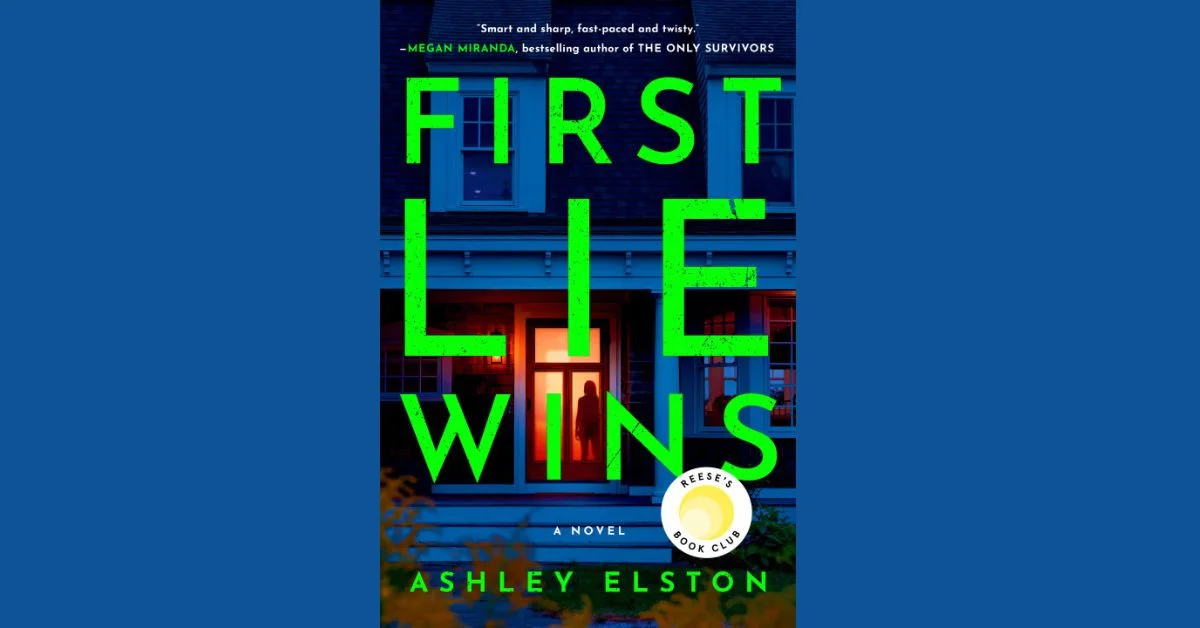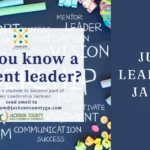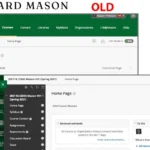Introduction to first lie wins
Lies are a part of human nature. Whether it’s to protect someone’s feelings or to avoid the consequences of our actions, we often find ourselves bending the truth. But what happens when that first lie tips the balance? The concept of “first lie wins” suggests that once a deception is introduced, it sets off a chain reaction, influencing future interactions and relationships.
Imagine this: someone tells you their age as a playful exaggeration during casual conversation. At first glance, it’s harmless fun. Yet, as layers build upon that initial falsehood, trust begins to fray. This blog delves into how lies shape our lives and relationships while exploring why we deceive in the first place.
From understanding the psychology behind lying to examining real-life scenarios where “first lie wins,” we’ll discover just how impactful those early deceptions can be. Join us on this journey through trust and betrayal—a space where honesty is not merely an ideal but an essential foundation for meaningful connections.
ALSO READ: Things We Never Got Over: A Knockemout Story
The psychology behind lying: Why do people lie?
Lying is a fascinating aspect of human behavior. It often stems from a desire to protect oneself or others. Fear of consequences drives many to fabricate stories, hoping to avoid conflict.
Some lies are born out of insecurity. People may exaggerate achievements or experiences to gain acceptance and admiration. This need for validation can lead them down a slippery slope of deceit.
Social pressures also play a significant role in the decision to lie. In competitive environments, individuals might feel compelled to bend the truth just to keep up with peers.
Interestingly, some lies emerge as survival mechanisms. When faced with threatening situations, people sometimes resort to deception as a way to cope and navigate through challenges without facing harsh realities.
Understanding these motivations sheds light on why trust can easily be fractured and how it becomes an intricate dance within relationships.
How lies can impact relationships and trust
Lies can create a ripple effect in relationships. Once trust is compromised, it’s challenging to restore. Each lie adds layers of doubt, making partners question each other’s intentions.
When someone discovers deception, feelings of betrayal often overshadow the original issue. The emotional fallout can lead to anger, sadness, and confusion. Trust takes time to build but seconds to shatter.
Moreover, even small lies can snowball into larger issues. What starts as a harmless fib may escalate into an elaborate web of deceit. This complexity makes it difficult for both parties to communicate openly.
Rebuilding that shattered trust is no easy feat. It requires vulnerability and consistent honesty moving forward. Without these elements, the relationship may struggle under the weight of past deceptions, leaving scars that linger long after the truth has been revealed.
First Lie Wins theory: Exploring the idea that the first lie sets the tone for future deception
The “First Lie Wins” theory suggests that the initial deception in a relationship can create a ripple effect. Once trust is breached, it becomes easier for subsequent lies to follow. This first falsehood often molds perceptions and expectations.
When someone lies initially, they set a precedent. It’s as if they’ve opened Pandora’s box of deceit. Trust diminishes quickly, leaving partners wary and second-guessing each other’s words.
People may rationalize their behavior after the first lie, thinking small deceptions won’t matter much. However, lying begets more lying; one misstep leads to another as individuals strive to maintain their facade.
As these layers of dishonesty build up, genuine communication takes a backseat. Relationships can become fraught with suspicion and doubt—an exhausting cycle driven by the weight of the very first untruth. The impact lingers long after that initial betrayal fades from memory.
Case studies and examples of First Lie Wins in action
Consider the infamous case of a politician caught in a scandal. When allegations arose about their financial dealings, they issued an initial denial. This first lie quickly became the cornerstone of their narrative. As investigations progressed, subsequent lies built on that foundation. Each deception spiraled further from reality, compounding distrust among voters.
In personal relationships, think about a partner who conceals infidelity with an innocent white lie about late nights at work. Once this first fib is accepted, it creates a ripple effect of deceit—future excuses become harder to believe as trust erodes.
Another vivid example can be found in corporate settings where executives mislead stakeholders during crises. A single misleading statement can lay the groundwork for ongoing dishonesty and lead to significant ramifications for both reputation and revenue. Each scenario illustrates how one deceptive moment can set off a chain reaction that alters perceptions forever.
Rebuilding trust after a First Lie Win situation
Rebuilding trust after a situation where the first lie wins is no small feat. It requires patience and genuine effort from both parties involved.
First, acknowledge the lie openly. This sets the stage for honest communication. Both individuals must understand what led to that initial deception.
Next, establish clear boundaries. Define what honesty looks like moving forward. Transparency fosters a safe environment for sharing feelings and thoughts without fear of judgment.
Time plays a crucial role here. Trust doesn’t rebuild overnight; it’s earned back through consistent actions over time. Small gestures can go a long way in showing commitment to truthfulness.
Consider seeking external support if needed—a therapist or counselor can provide valuable tools for navigating these complex emotions together.
Both partners need to be willing to engage in this process wholeheartedly, as rebuilding trust is an ongoing journey requiring mutual dedication and understanding.
Conclusion: The importance of honesty in relationships and society
Honesty serves as the foundation for trust in any relationship, whether personal or professional. When deception creeps into interactions, it creates a ripple effect that can damage connections and lead to misunderstandings. The concept of “first lie wins” illustrates how one small untruth can snowball into larger issues over time.
When the initial lie goes unchecked, it sets a precedent. People often begin to question everything that follows. Trust erodes slowly but surely until it’s hard to regain once lost.
Rebuilding trust after deception isn’t easy, but it’s essential for healthy relationships. Open communication is key here; both parties need to express their feelings honestly to mend what has been broken.
Society thrives on transparency and truthfulness. When these values are compromised, communities suffer too—leading to increased mistrust among individuals and groups alike.
Prioritizing honesty strengthens bonds and promotes healthier dynamics in all aspects of life. Embracing authenticity fosters an environment where everyone feels valued and respected—a win-win scenario worth striving for.
ALSO READ: Tender is the Flesh: Exploring Society’s Dark Side
FAQs
What is “First Lie Wins”?
The “First Lie Wins” theory suggests that once a lie is told, it often sets the tone for future deception. The first falsehood can create a ripple effect, making it easier for further lies to follow, as trust is compromised early on.
Why do people lie?
People lie for various reasons, including fear of consequences, insecurity, and social pressures. Lying can also be a survival mechanism, allowing individuals to avoid uncomfortable truths or gain acceptance in certain situations.
How does lying impact relationships?
Lying can severely impact relationships by breaking trust. Once trust is compromised, it’s hard to rebuild, and the emotional fallout can create feelings of betrayal, anger, and confusion, leading to further complications in communication.
Can the “First Lie Wins” theory apply to professional settings?
Yes, in professional environments, an initial lie can set off a chain reaction of dishonesty. For example, executives might downplay a crisis, and once the first misrepresentation is accepted, it becomes harder to trust any subsequent statements, damaging reputation and credibility.
How can trust be rebuilt after a “First Lie Wins” situation?
Rebuilding trust requires transparency, patience, and consistent honesty. Acknowledging the first lie openly, establishing clear boundaries, and taking time to restore confidence can help repair the damage caused by deception.











